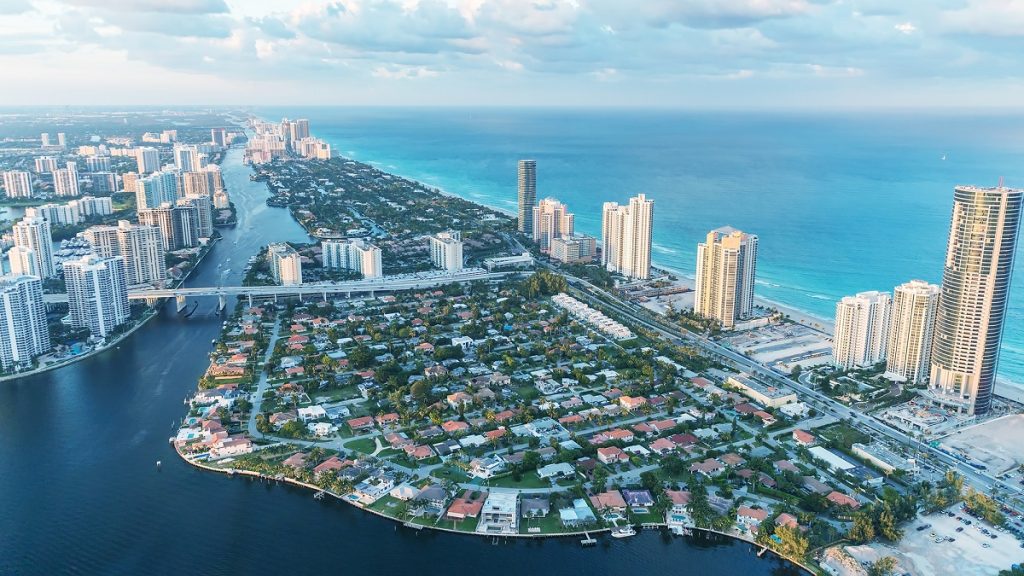When it comes to choosing a city to live in, Arab and Muslim families in the United States often weigh factors such as cost of living, job opportunities, access to mosques, Islamic schools, halal food options, and overall quality of life. In Florida, two of the most popular cities for these communities are Orlando and Miami. While both cities offer strong Arab and Muslim presences, they differ significantly in lifestyle, affordability, and cultural environment.
Arab and Muslim Presence
Both Miami and Orlando are home to sizable Arab and Muslim communities. Miami has a longer-established Arab presence, with Lebanese, Palestinian, Egyptian, and Syrian families contributing to the city’s multicultural fabric. Orlando, on the other hand, has seen rapid growth in its Arab and Muslim population over the last two decades, with many families drawn to its suburban lifestyle and affordable housing.
Both cities host numerous mosques, Islamic centers, and cultural organizations, ensuring that Muslim families can practice their faith comfortably. Orlando is home to the Islamic Society of Central Florida (ISCF), one of the largest Islamic organizations in the region, while Miami features multiple mosques and active community networks across Dade and Broward counties.
Cost of Living and Housing
For many families, affordability is a decisive factor. Orlando generally offers lower housing costs compared to Miami. The median home price in Orlando is significantly more affordable, and rental rates are also lower. Miami, while culturally rich and vibrant, is one of the most expensive housing markets in Florida, driven by international demand, tourism, and real estate investment.
For Arab and Muslim immigrants looking to establish families, Orlando often provides more budget-friendly options without sacrificing access to mosques, schools, or halal markets.
Employment and Opportunities
Miami, being a global hub, offers broader opportunities in finance, trade, tourism, and international business. Many Arab immigrants work in hospitality, small business, and trade sectors in Miami. Orlando, meanwhile, is best known for its tourism and service industries, as well as growing healthcare and tech opportunities. For professionals, Orlando’s job market is expanding but still not as diverse as Miami’s.
Lifestyle and Community Environment
Miami is vibrant, diverse, and fast-paced, known for its cultural mix, international events, and proximity to Latin America. It offers endless entertainment, but the busy lifestyle and high costs can be challenging for families with children. Orlando, in contrast, offers a quieter, family-friendly environment, with good schools, affordable housing, and more suburban living—making it especially attractive for families raising children.
Halal Food and Cultural Amenities
Both cities are rich in halal restaurants and Arab-owned businesses. Miami has a wider variety of international cuisines and cultural festivals, while Orlando provides more community-centered Arab and Muslim businesses, from halal butchers to Middle Eastern groceries.
Education and Islamic Schools
Education is a top priority for Muslim families. Orlando has several Islamic schools and weekend programs, with the ISCF playing a central role in education and youth engagement. Miami also has Islamic schools, but the city’s higher cost of living makes private Islamic education more expensive.
Conclusion
For Arab and Muslim families, both Orlando and Miami are welcoming and diverse, with active communities and strong cultural networks. However, the best choice often depends on lifestyle preferences and financial priorities:
-
Orlando is ideal for families seeking affordability, suburban living, and strong community ties.
-
Miami is best for those who want a dynamic, global city with broader career opportunities and cultural diversity—if they can manage the higher cost of living.

